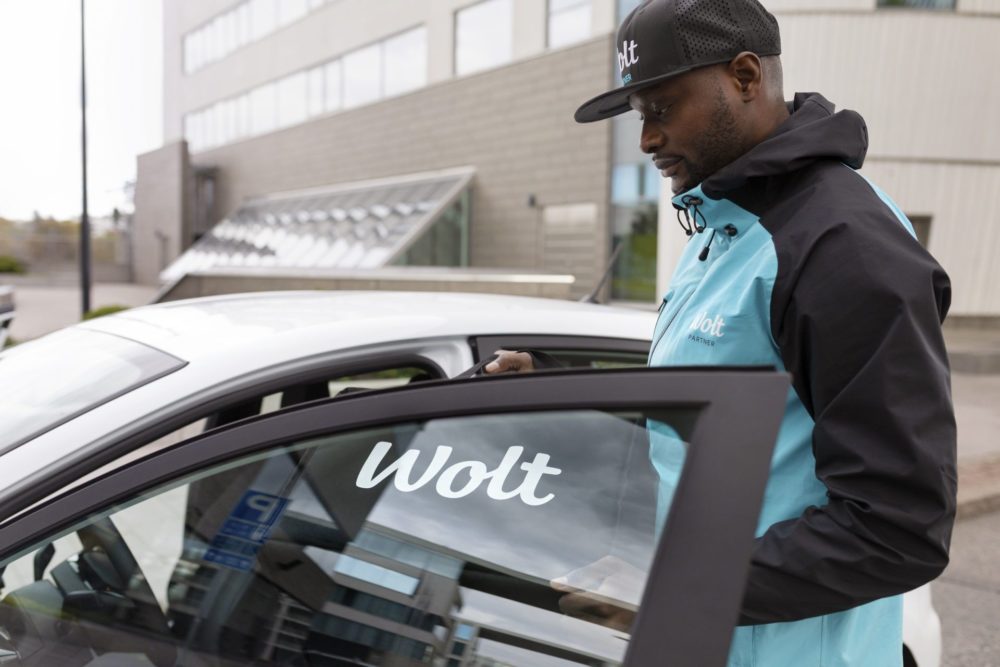

Along with Glovo’s $100m deal with real estate platform Stoneweg to open 100 dark stores (with Glovo managing delivery operations, and Stoneweg building and refurbishing the stores), Deliveroo also raised $180m and hit a $7bn valuation. Wolt’s latest fundraising comes amid a flurry of activity in the delivery sector. “The reason we’re also working on dark stores ourselves is to develop the tech - and because it’s sometimes not the quickest thing to work with partners.” Why raise now?
Wolt 530m iconiq how to#
Wolt is still opening some of its own dark stores, however - if only to figure out how to make them work best. There’s more flexibility on timings and the average order value tends to be far higher. That means that, although Wolt takes less commission on these ‘big basket’ orders than it does on restaurant food delivery (which is north of 20%), it’s a good line of business. With those deliveries, he says, “speed isn’t everything” - people are unlikely to need (or expect) their weekly supermarket shop delivered within half an hour. With other partners, like supermarkets, Wolt picks up more complicated, larger orders worth hundreds of euros. (These deliveries are generally easier and quicker to carry out than restaurant food deliveries, says Kuusi, because there’s no need to factor in the time it takes for food to be cooked, and it’s easier to stack and pack tins than burger boxes.) With some of these partners, Wolt picks up small deliveries which need to be fulfilled quickly. “Partners can provide as good an experience and efficiency as dark stores.” Wolt now has 1,500 retail partners, big and small, including Spar in Poland, Carrefour in Georgia and ICA in Sweden. “Our preferred model is to work with partners,” says Kuusi. “Partners can provide as good an experience and efficiency as dark stores.” (It has less than 10 of its own dark stores at the moment.) Unlike Spanish competitor Glovo, which last week announced plans to open 100 ‘dark stores’ by the end of the year, Wolt isn’t so keen on getting into the business of retail buying. “It forces us to build the tech that will support all the other retail categories as well - electronics, flowers, clothes - much easier categories, but where the underlying frequency is lower.” Partners vs. “It’s the natural expansion from restaurants,” says Kuusi.


 0 kommentar(er)
0 kommentar(er)
